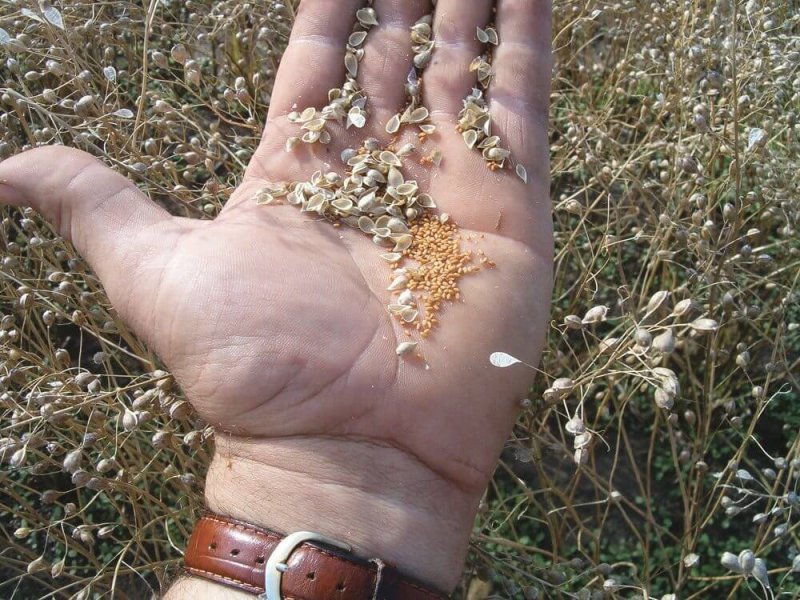In January 2020, Yield10 submitted an “Am I Regulated?” letter to the BRS, requesting confirmation of the regulatory status for Camelina plant lines containing the Company’s novel, CRISPR genome-edited C3007 trait. The positive USDA-APHIS response came in the form of a published letter indicating that the plant lines do not meet the definition of a regulated article ….
This clarification of the regulatory status under USDA-APHIS guidelines accelerates the path for Yield10 to conduct field trials of the CRISPR genome-edited C3007 plants in the United States in the 2020 growing season. The plant lines may still be subject to regulation by the U.S. Environmental Protection Agency (“EPA”) or the U.S. Food and Drug Administration (“FDA”).
“Receiving a positive response from USDA-APHIS for our CRISPR genome-edited C3007 lines is a critical milestone within our development program and facilitates the transition of lines with this trait to field testing this year,” said Dr. Kristi Snell, Ph.D., Chief Science Officer of Yield10 Bioscience.
“Initial studies with C3007 have demonstrated potential for increased oil content, and the next step of testing this trait under field conditions will help us to characterize its performance and role in boosting oil content in Camelina and other oilseed crops.”
The ability to increase oil content in specialty oilseed crops like Camelina has the potential to make a significant impact in the supply of omega fatty acid containing oils, to human nutrition and aquaculture feed markets.































